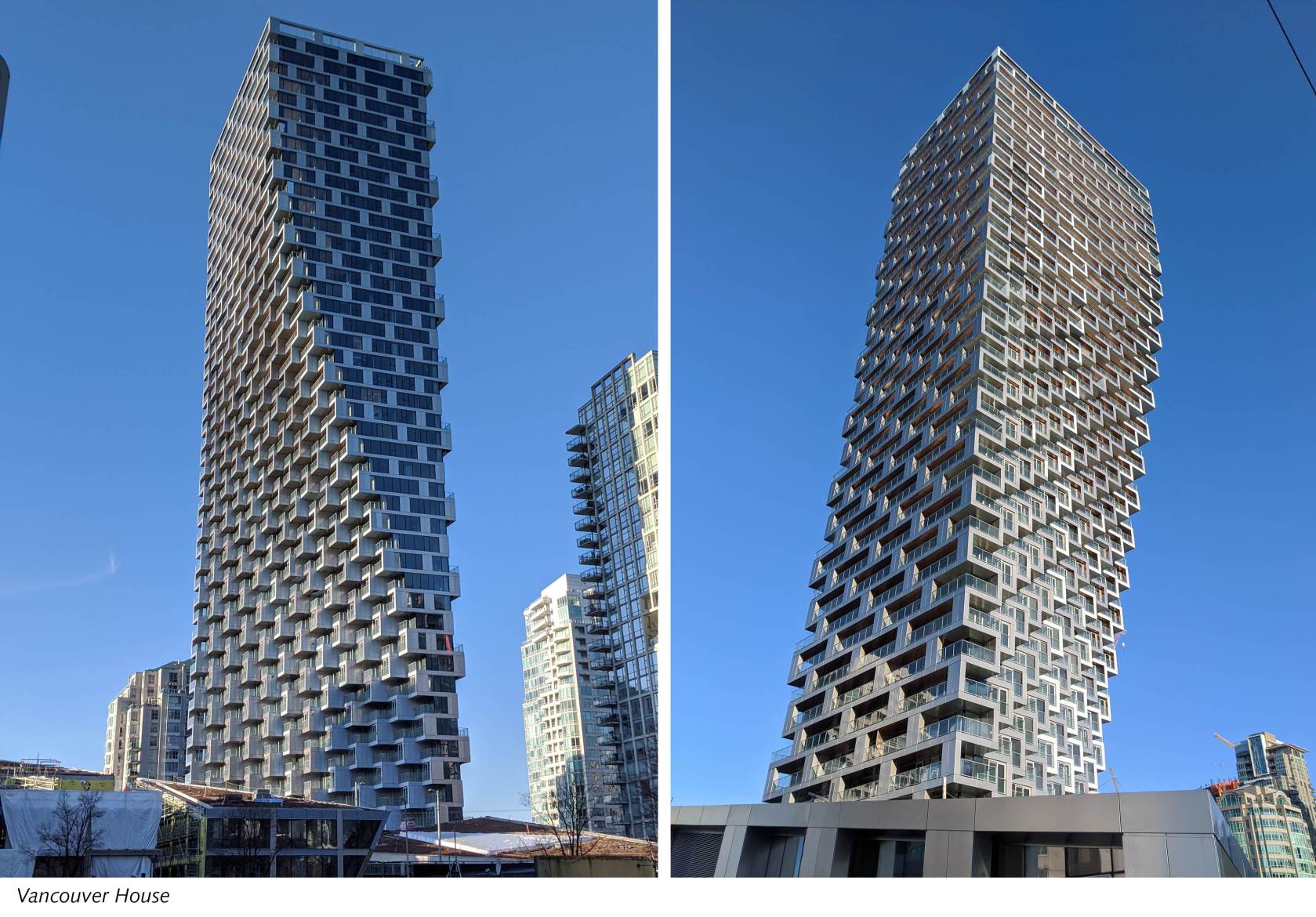
Not enough of us yet believe that the way to growth is through inclusion. This statement made by Greater MSP CEO Peter Frosch to a packed ballroom at the first annual Powering Inclusion Summit resonated. And caused me to look around the room and notice it was the most diverse audience I’ve seen at a Minneapolis conference – a gender balance of people of many races, comprised of advocates for inclusion from non-profits, government, and major corporations. Governor Walz and Lieutenant Governor Flanagan welcomed the crowd and reiterated the new administration’s commitment to bringing all the voices in Minnesota to the table to engage in improving our communities. Tawanna Black, CEO of the Center for Economic Inclusion and Summit convener, shared the Indicators of an Inclusive Regional Economy data illustrating key measures the MSP region needs to address “to achieve regional growth because of our diversity, not in spite of it”.[1]

Data-driven decision making is now the norm for organizations from businesses to local governments looking to track progress toward positive change. This is also the basis for the LHB-created Regional Indicators Initiative (RII) that provides community-wide data for cities across Minnesota to envision key metrics for greenhouse gas emissions tracking including baselines, business-as-usual forecasts, and carbon neutrality goals. While RII does not yet address economic indicators, the Center for Economic Inclusion is beginning to provide data for some key metrics including employment and wages in the MSP region. Summit speaker Alan Berube, Senior Fellow at The Brookings Institution, reminded us that “metro areas are the productive centers of the global economy” and the place where we need to disrupt systems that sustain the status quo. In LHB Climate Solutions Studio’s work with communities, we are exploring opportunities to expand beyond resource consumption tracking to a more holistic approach to climate planning that includes actionable solutions to issues affecting vulnerable populations such as transportation and affordable housing access.

Those of us who work with data are often reminded that data visualizations alone are not enough to inspire action. Sharing stories is also an essential method for motivating people to do something after they leave the crowded conference ballroom. Powering Inclusion closed with a story of lived experience by retired Los Angeles Laker Devean George who, in his new career as an affordable housing developer, is committed to giving back to the North Minneapolis community where he grew up. George explained how he came to realize his influence as an NBA player and made the decision to use this to connect with kids, working with them to promote literacy and education. Through his volunteering, he learned of an affordable housing and job training center in Dallas called The Empowerment Center. George translated this model to new developments in North Minneapolis that have now inspired other professional athletes to give back by creating similar developments in their communities. I may not be an influential NBA star, but this Summit inspired me to commit to dismantling exclusion and institutionalizing inclusion through my work with all types of communities.
[1] Center for Economic Inclusion 2019 Powering Inclusion Summit, April 30, 2019.
